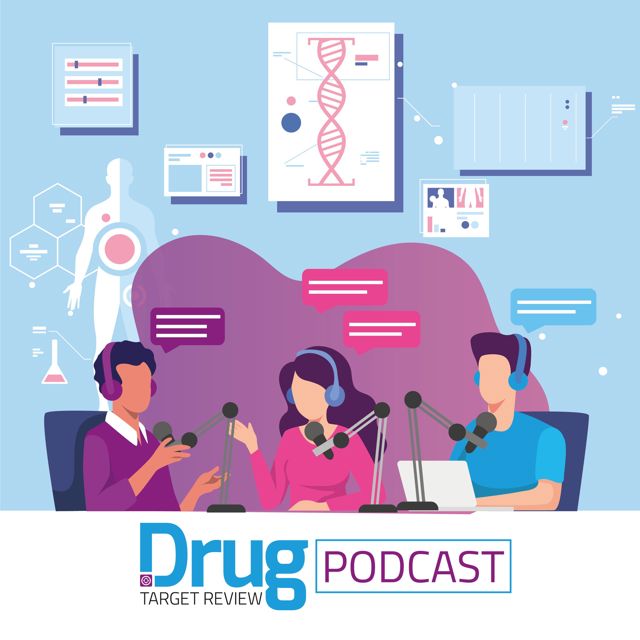
Drug Target Review Podcast
VitenskapOm Drug Target Review Podcast
Podcast by Drug Target Review
📻 Siste episoder av Drug Target Review Podcast
Her er de nyeste episodene tilgjengelige via RSS-feeden:
📱 Slik abonnerer du på Drug Target Review Podcast
Apple Podcasts (iOS/Mac):
- 1. Åpne Apple Podcasts-appen
- 2. Trykk på "Bibliotek" nederst
- 3. Trykk på "..." øverst til høyre
- 4. Velg "Legg til en podcast via URL"
- 5. Lim inn RSS-linken fra boksen over
Andre podcastapper:
- 1. Åpne din podcastapp
- 2. Look for "Add by URL" eller "RSS"
- 3. Lim inn RSS-linken
- 4. Søk eller trykk "Subscribe"
- 5. Episodene vil nå vises i appen din